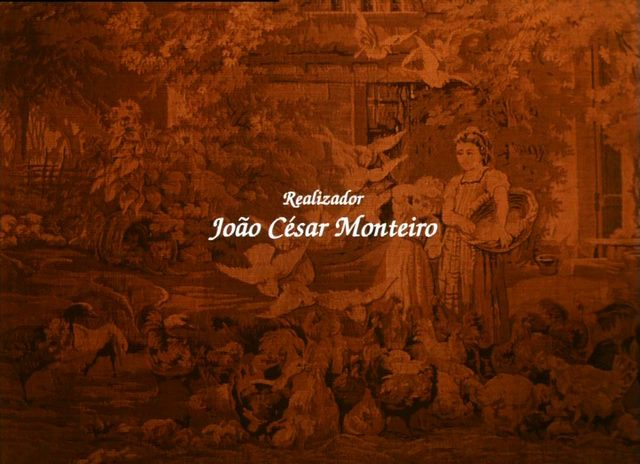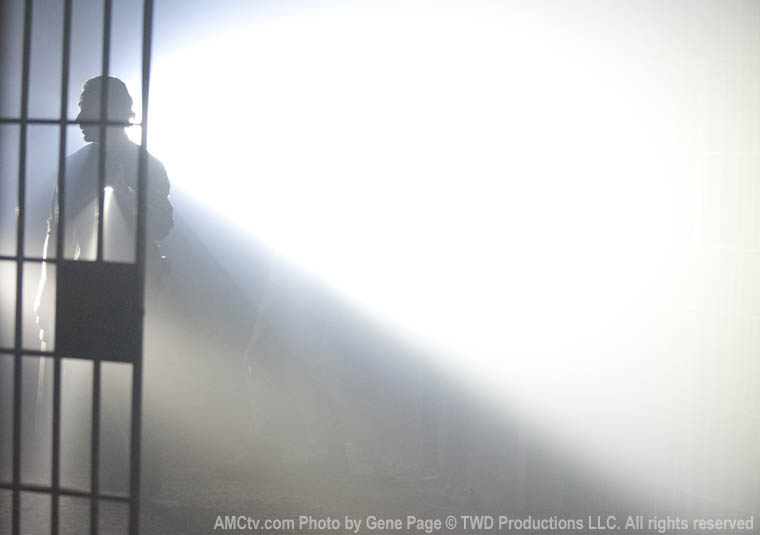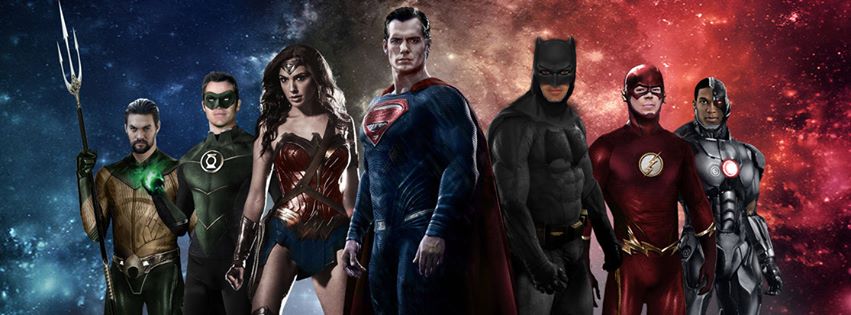
Branca de neve (Snow White)
Director: João César Monteiro
Portugal, 2000
João César Monteiro ’s interpretation of Snow White is clearly meant to incense and challenge our understanding of storytelling and the cinematic medium. Running little over an hour, the majority of the film’s running time is series of dialogues against a black screen, occasionally interrupted by breaks in the scene, signalled by various images of clouds, ruins and Monteiro himself. The film’s release at the dawn of a new millennium seems to be an act of providence, and as cinema enters its second century of life, Snow White challenges our very understanding of the medium by prioritizing sound over sight, in an experimental and meta-textual journey through myth.
Quite obviously controversial upon its initial release, Joao Cesar Monteiro further fuelled the fire when he insulted Portuguese critics and audiences for being in this exchange:
Q: What do you have to say to the portuguese audience?”
A: What i want is that the portuguese audience go fuck themselves, thank you.
This, especially seen with Monteiro’s own presence in the film as the only figure adds new layers to the film. Especially if we consider that Monteiro has said, under different circumstances, the film’s style is a result of a lab mistake, so which story is true? Is this film an authentic thesis on cinema or is it a joke? Monteiro does not lack a sense of humour and this could very easily be a cinematic equivalent of “The Emperor’s New Clothes”. Does the film ultimately work as a reflection of a contemporary crisis? Is it a fair, reasoned and challenging essay on the state of the medium? Perhaps Monteiro is playing a practical joke on all national cinemas funded by their governments, how they become ruthlessly dependent on a handful of auteurs that can “do no wrong”. The film’s vagueness and “lack of visual identity” opens up a lot of room for interpretation, and the patience of the viewer will ultimately determine how much they are able to take away from this film. Much like Monteiro himself, the majority of the film’s speakers are unreliable, and the story metamorphosizes over the course of the film’s running length. Which version is true I wonder, and without SEEING, how will we ever know?
What of Snow White? What can we take from what is given… well; it is a fairy tale and a very familiar one at that. It is the first true story from Disney, was part of the Brothers Grimm canon and has been represented countless times on the screen (no less than twice in 2012!). It is a story we all know, or do we? Using the basic narrative tropes as a spring-board, Monteiro’s vision becomes an elliptical and philosophical journey that takes positions on love, life and death. Evoking biblical iconography – in particular Genesis – through word play insisting on the words sin and apples, the film tackles love and sex as being the central motivators in life and death. Snow White seems at once representative of Eve and the Virgin Mary. Though not presented within the context of this film, the original version of Snow White begins with the Queen pricking her finger and a drop of her blood hitting the snow. One can extrapolate this image, understanding it as being iconographic of purity as blood signals the beginning of womanhood through menstruation, as well as the breaking of the hymen during sex, both these acts tarnishing the “whiteness” and the purity of femininity. Snow White, her innocence and beauty so easy to destroy, like warm breath on a cold surface, she will melt away. The film does not elaborate on this directly, but suggests Snow White’s inherit hatred for sex quite consistently, as well as her vehement insistence that the prince did not kiss her to bring her back from death. She accuses the Queen repeatedly of using sex to control men, and to initiate her plan to kill the young maiden.
The Queen’s story is all the more interesting for this reason, not that she is ever sympathetic… she posits that sex and love are tools of hatred, and while Snow White may have felt “love” through kind actions and comfort, that she has never truly felt love if it was not motivated by hatred of some kind. Conceptually, the image that this evokes is a powerful one. It suggests a multitude of possibilities, and somehow, in its anonymity holds power and conviction. Snow White does not seem to be the hero of this story, as she cannot match the spite, intelligence and power of the Queen. Though, this is a film without heroes, it is more a series of questions than anything else.
The film’s darkness ultimately serves as a mirror, which is strangely enough, the key missing ingredient from the Snow White narrative in this film. Who are we in these stories and in what ways do we relate to the screen? We have to understand how we relate to narratives in the stories we tell and absord and how they relate to our own personal journeys through life. Narrative frames like the hero’s journey are about as far as you can get from arbitrary, their familiarity all the more perplexing, enchanting and magical. This is the source of mythological structures, the foundations of symbolism and the cyclical nature of life and death. It is our path into the subconscious, and this film examines by exorcising visual symbols this relationship with mythology with wit, philosophy and irony.
– Justine Smith





